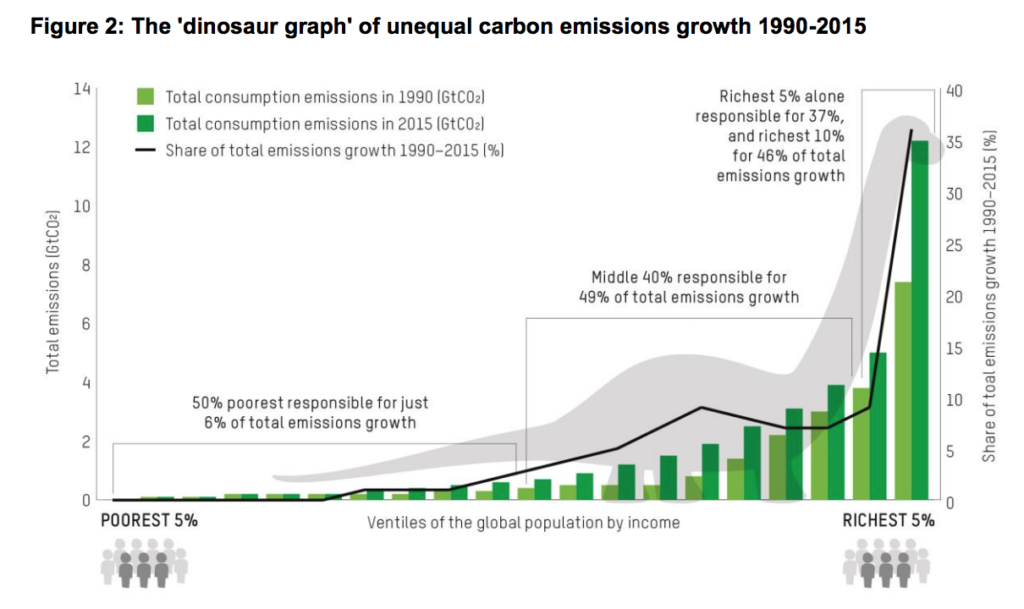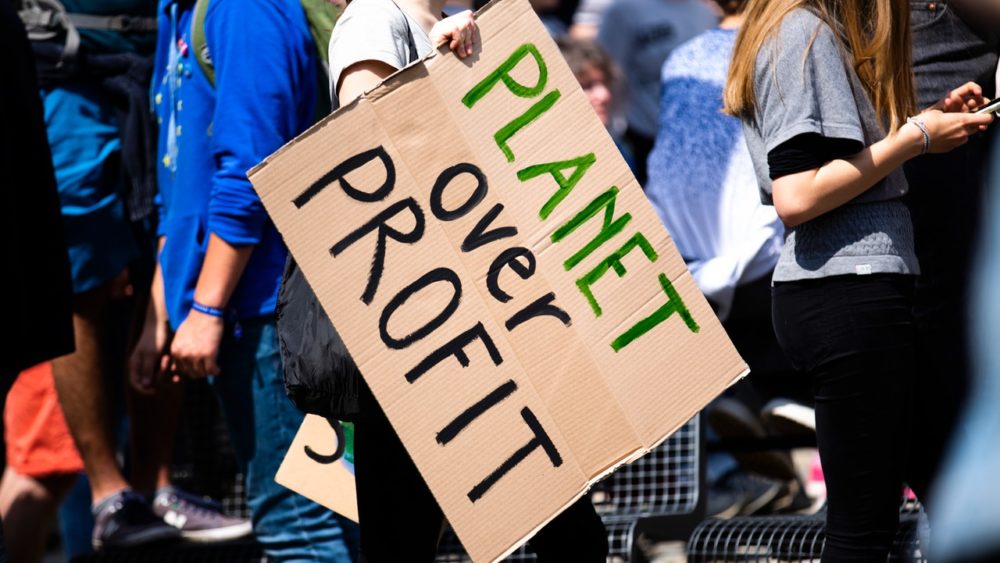DiEM25’s Taskforce on Peace and International Policy report on how members think the movement should address the climate crisis
Without a doubt, 2020 will go down in history as a horrible year. If the pandemic was not enough, last year also registered as the warmest ever recorded. Confronted with mounting evidence, only a minority still denies the ongoing climate emergency. Most people agree that something must be done; the main question is what. At the same time, the compelling narrative behind climate action is being hijacked by forces that resist structural change. What can we do to counter this assault?
DiEM25 asked this question to its membership as part of the ongoing work to develop a green paper on peace and international politics. We are thankful for the large and rich participation from the membership. The Taskforce is currently processing all the input received and drafting a document that will be presented to members in the upcoming months. Until then, we are sharing some of the main debates as part of this series of articles.
When asked about the ongoing climate emergency, most DiEM25 members agree that radical and urgent action is needed
“A whole way of life needs to change” — as someone put it. At the same time, members warn about the risk that the green narrative is being hijacked by forces that seek to preserve our degenerative economic model by adopting only cosmetic “greenwashing” changes.
This strategy of co-optation heeds some of the calls from the global climate outcry but re-moulds them to reinforce the status quo. It claims that markets themselves will — with a bit of nudging — fix the climate crisis by redirecting the profit motive towards green goals. It reduces climate change to a technical problem that only needs technical solutions such as green investment and technology. It also frames the response around notions of individual responsibility and choices — preferably consumer ones. Specific sacrifices might be accepted; e.g., giving up diesel cars for electric ones, provided that the underlying system of continuous growth is not challenged.
Our members object that decades of unfettered market rule have only exacerbated the climate crisis. Sustainable development and green growth have been heralded since the 1990s, but global greenhouse-gas emissions, as well as material and energy consumption continue to grow unabated.
Our economic system, with its faith in endless growth on a finite planet, is seen as part of the problem, rather than the solution. Respondents call for a complete change of paradigm: “stop the fairy-tale of economic growth as the only possible way of living”, “understand that endless growth is not possible in a finite world”, “stop relying on GDP.”

Source: Oxfam
Our members are also very sceptical about the individualist approach of the status quo narrative. Climate action, as a member puts it, “depends on policy, not on private life”. Someone else argues “it would be misleading to think that changing course is only a matter of personal choice and behaviour. Individuals are powerless when faced with, for example, the lack of access to renewable energy or public transport infrastructure, a fiscal system subsidising fossil fuels or car purchases (rather than renewable energy or eco-innovation), an advertising industry and an entire system of values glorifying consumerism”.
Climate action cannot ignore the political and power structures or the vested interests behind preserving our dominant socio-economic model
It is misleading to reduce the existential challenge we face to a simple technical problem in need of technical solutions. The language of technical solutions and individual responsibility are used as smokescreens to divert our attention away from the structural causes behind climate change and the entrenched interests of those who profit from ongoing environmental and social exploitation. As most members argue, climate action must go hand in hand with political education, activism, and empowerment. We are not consumers, but social and political subjects.
DiEM25 members also suggest that global climate action should be primarily about justice, given that those who suffer the most are people who contribute the least to climate change. It is estimated, for example, that the richest 10% inhabitants of the planet are responsible for 46% of total emissions growth since 1990. Research also shows that twenty companies alone have been responsible for over one third of all energy-related emissions. Besides fossil fuel companies, military industries are also among the largest polluters in the world.
An individualist approach that is blind to such socio-economic differences, between and within countries, would end up being profoundly unjust. Most respondents were also suspicious about an unqualified focus on “sacrifices”: “In the current political jargon, it means ‘what sacrifices do the poor have to take to create a sustainable future for the rich?’ The question should be ‘what sacrifices do the rich and their political allies have to take to create a sustainable future?’”.
Others suggest framing our counter-narrative in terms of “benefits” and “opportunities”: “I am not sure if reducing our use of material resources really is a ‘sacrifice’ in the end. Capitalism fuels consumerism. More focus on the environment and care of other people, more free time, less work, and more time to cooperate in managing common resources are in the end not sacrifices”.
Another member adds that: “It is not necessarily as much of a sacrifice as people think it will be, because if shopping was a true necessity (and if it was spontaneously considered to be one by the people), it would not be necessary to deploy such an impressive amount of technology and data science to induce us into buying.”
DiEM25 members want to see real structural change to address the climate crisis
Within DiEM25’s membership there is a strong call to counter the strategy of co-optation of the green movement and offer a vision for climate action that is primarily about justice. A vision that calls for radical and structural change, and is ready to challenge the entrenched interests behind the preservation of the status quo. This implies putting people at the centre of our economic and political strategies, and building a care economy founded on values of cooperation, mutual help and sustainability.
Find out more about DiEM25’s Taskforce on Peace and International Policy here.
Photo Source: Photo by Markus Spiske from Pexels.
Do you want to be informed of DiEM25's actions? Sign up here










